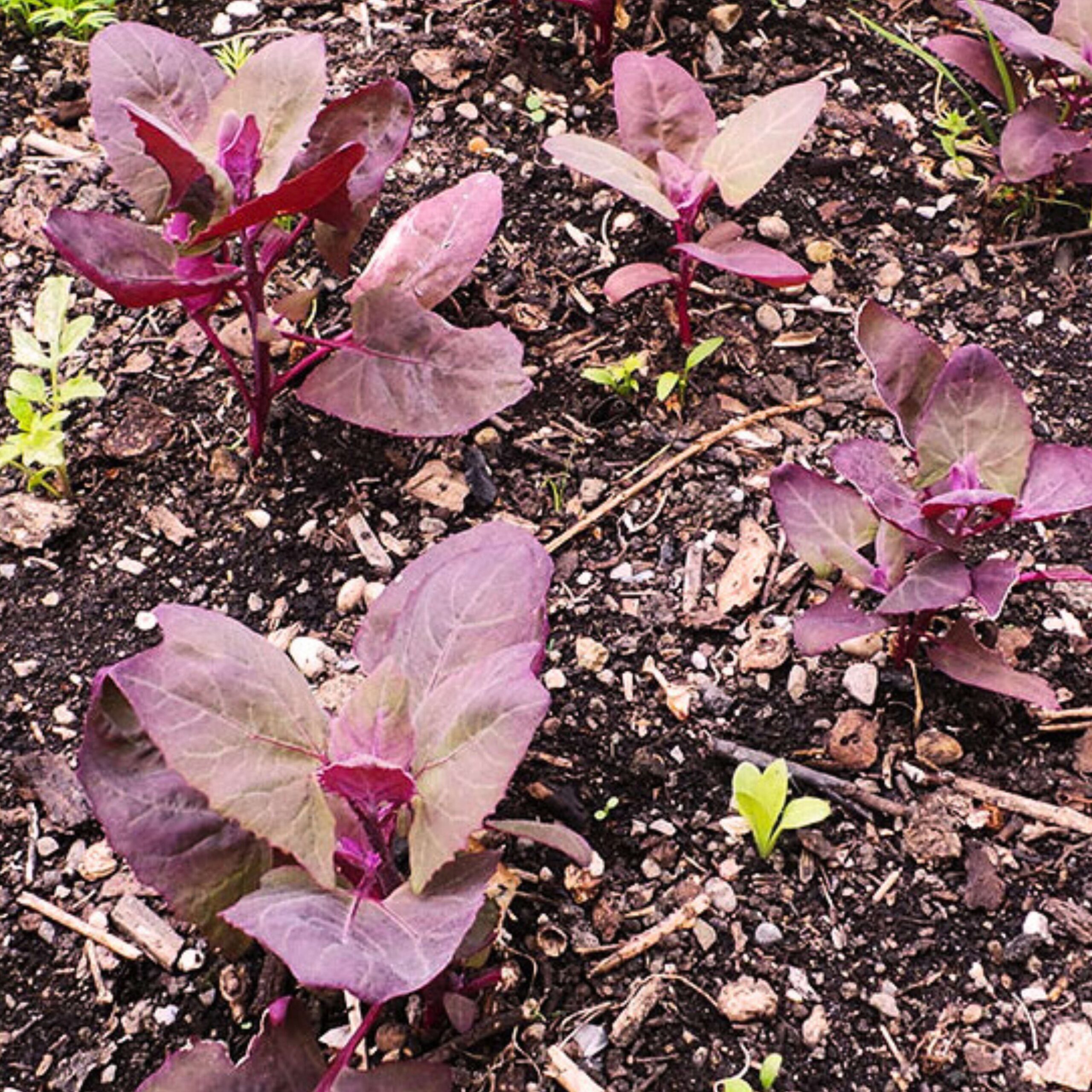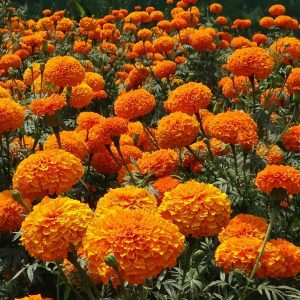Description
Red Flash Orach (Atriplex hortensis), also known as mountain spinach, is a nutritious, leafy green with medicinal and culinary uses. Known for its vibrant red to purple leaves, this plant is often grown as an alternative to spinach, particularly in hot climates where it thrives better. Here are some of its benefits and uses:
1. Rich in Nutrients
- Red Flash Orach is packed with essential vitamins and minerals, especially vitamins A, C, and K, along with iron, magnesium, calcium, and potassium. Its nutrient profile supports overall health, particularly skin, immune, and bone health.
2. Antioxidant Properties
- The red pigments in orach are due to high levels of anthocyanins, powerful antioxidants that help protect cells from damage by free radicals. This can support heart health and help reduce inflammation.
3. Digestive Health
- Orach contains dietary fiber, which supports healthy digestion and can help regulate bowel movements, reduce constipation, and improve gut health.
4. Alkalizing Effects
- Orach has natural alkalizing properties, which can help balance the body’s pH levels. This is believed to reduce inflammation and help the body counteract acidic foods and lifestyles, promoting better energy and overall health.
5. Diuretic Properties
- Traditionally, orach has been used as a gentle diuretic, helping the body eliminate excess water and toxins. This property can be beneficial for reducing bloating and supporting kidney health.
6. Skin Health
- Thanks to its high vitamin A and antioxidant content, orach can promote healthy skin by reducing oxidative stress and aiding in skin repair and hydration. It’s sometimes used in natural skin remedies for soothing and improving skin appearance.
7. Respiratory Health
- In some herbal practices, orach leaves are used in poultices or infusions to soothe respiratory issues, such as coughs and mild inflammation. It may help open airways and reduce phlegm.
Cautions:
- Orach contains oxalates, which can contribute to kidney stones if consumed in large quantities, so it’s best to eat it in moderation, especially for those with kidney issues.
- People sensitive to oxalate-rich foods may wish to blanch the leaves before eating them to reduce oxalate content.





